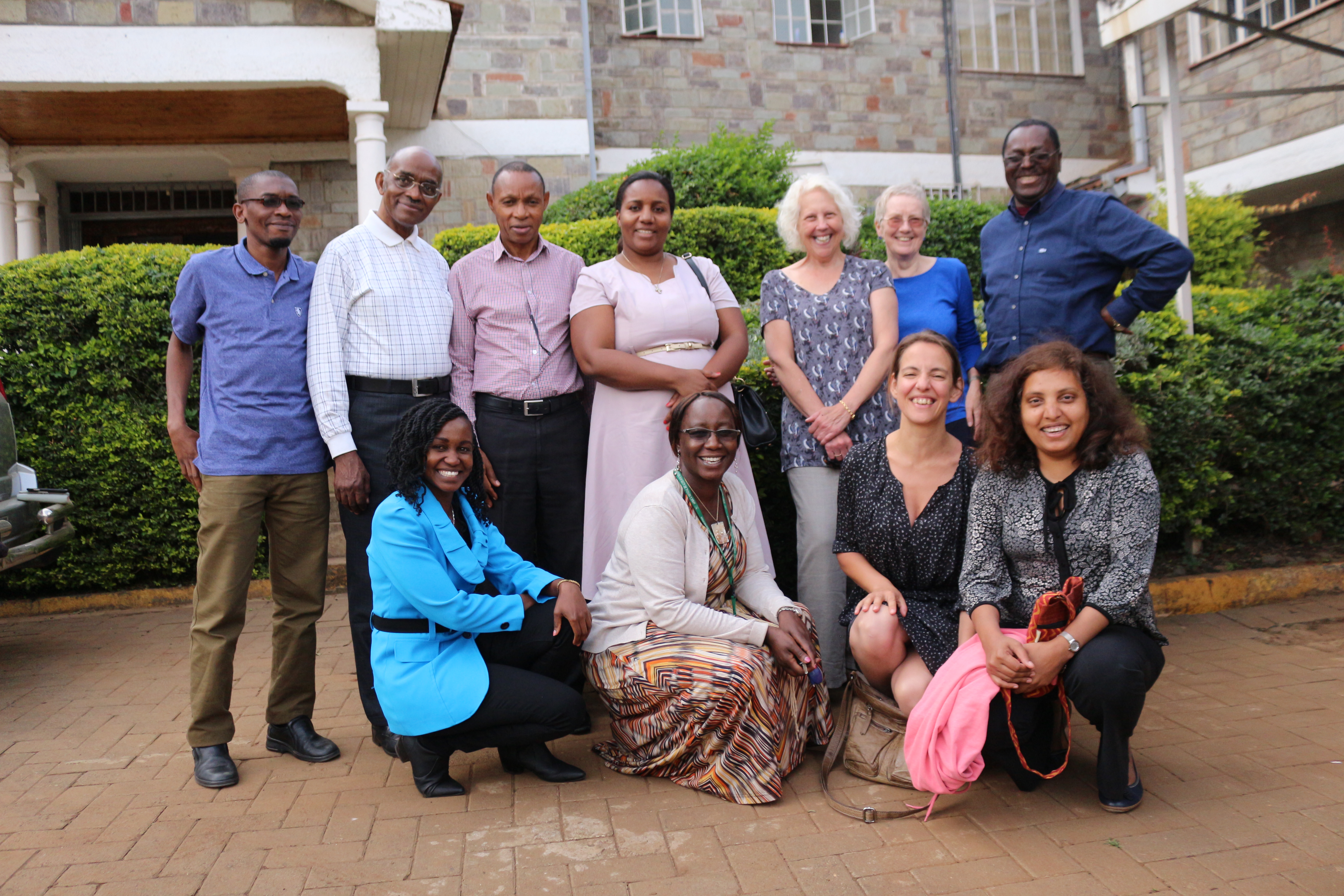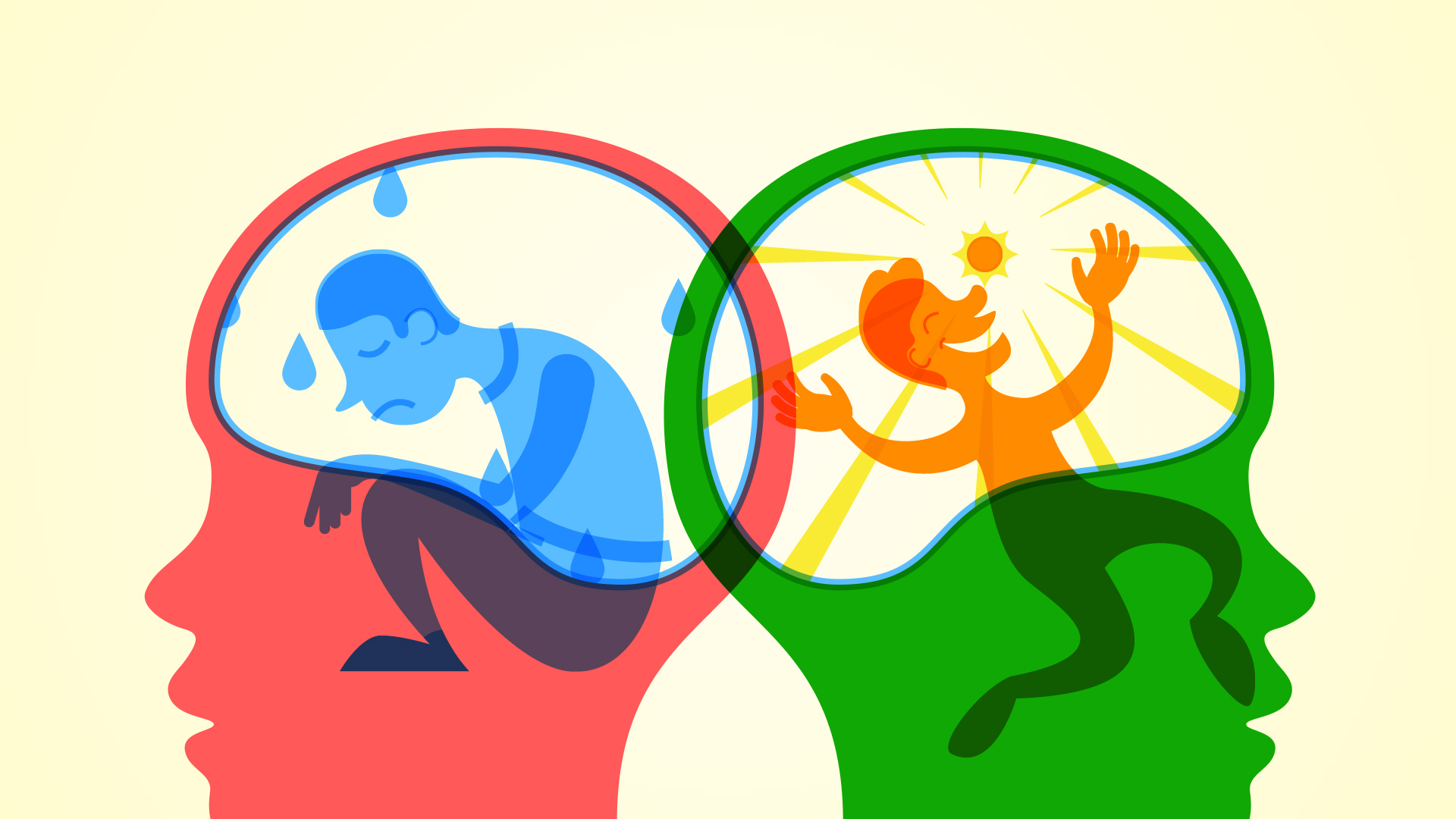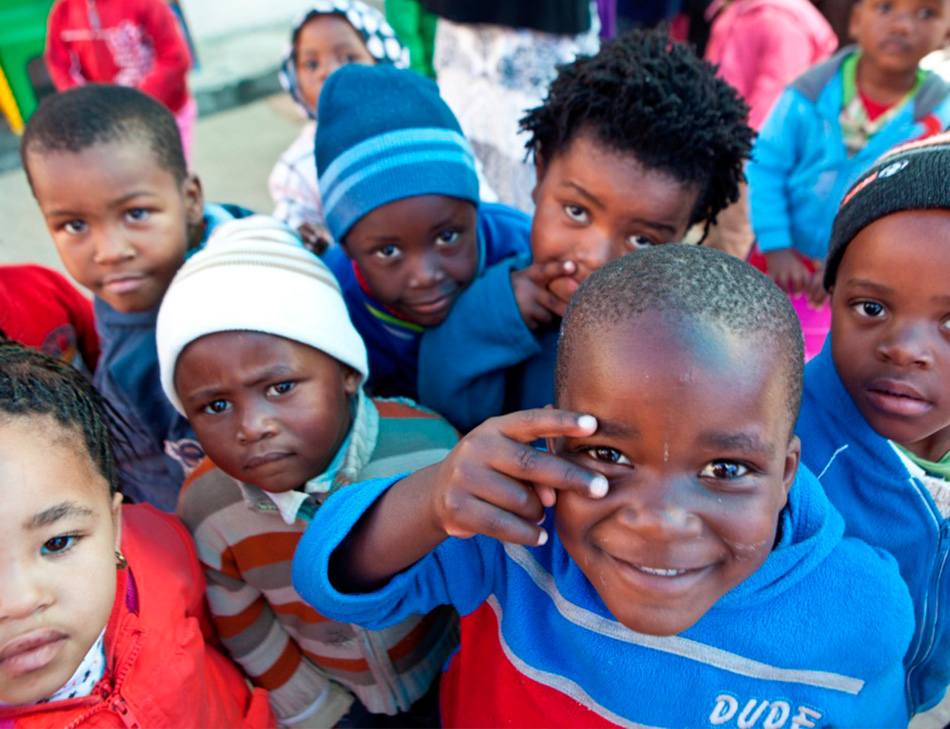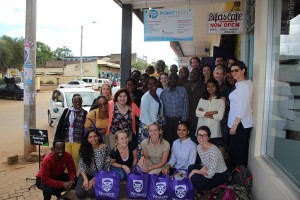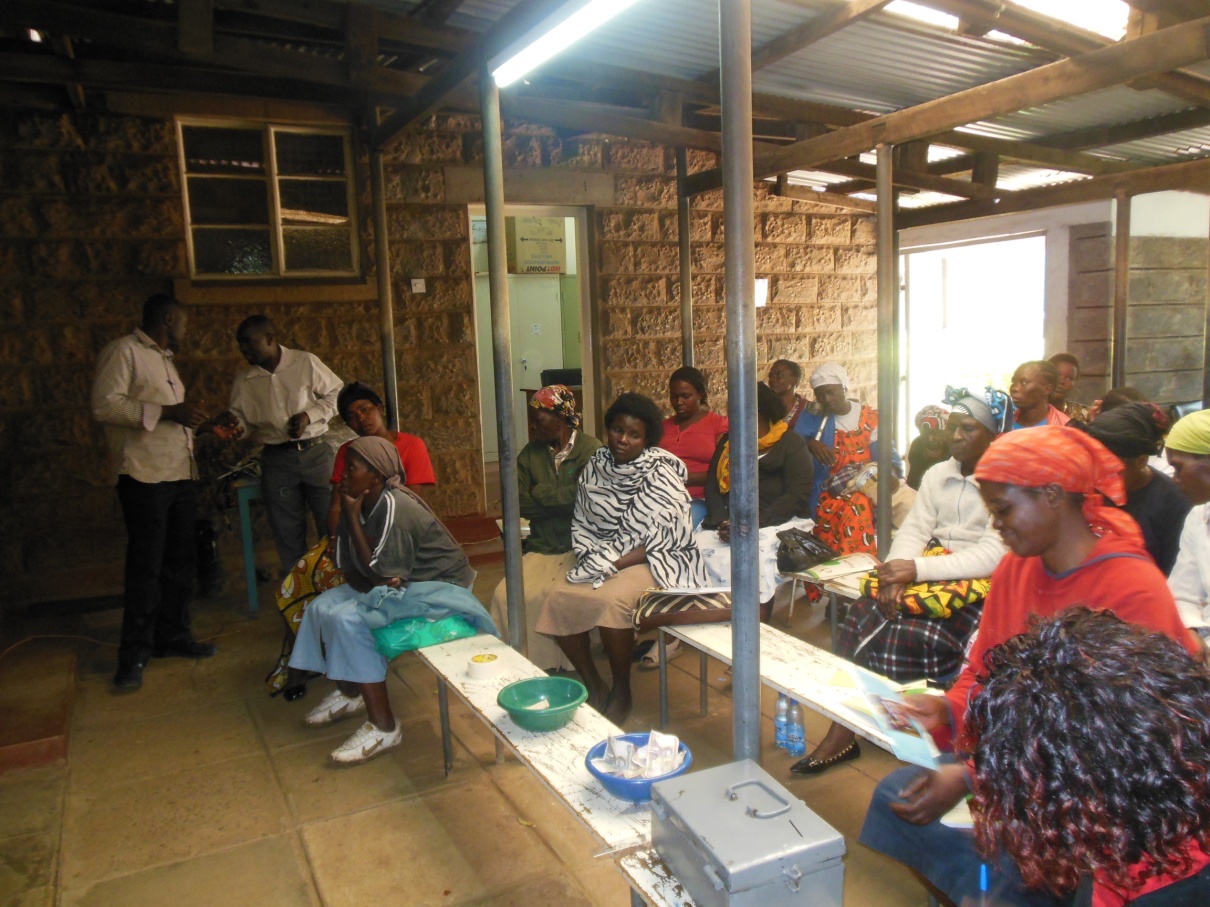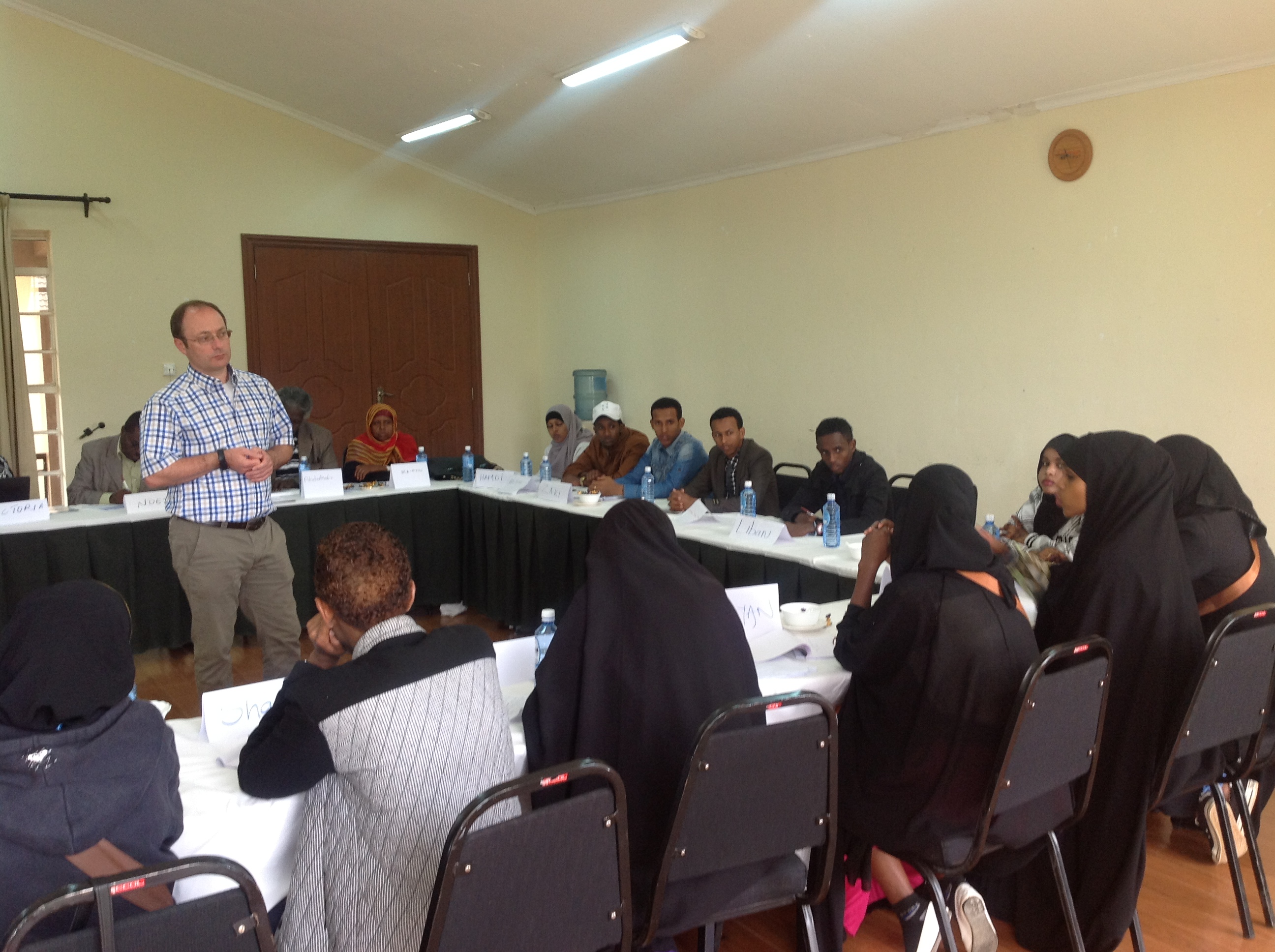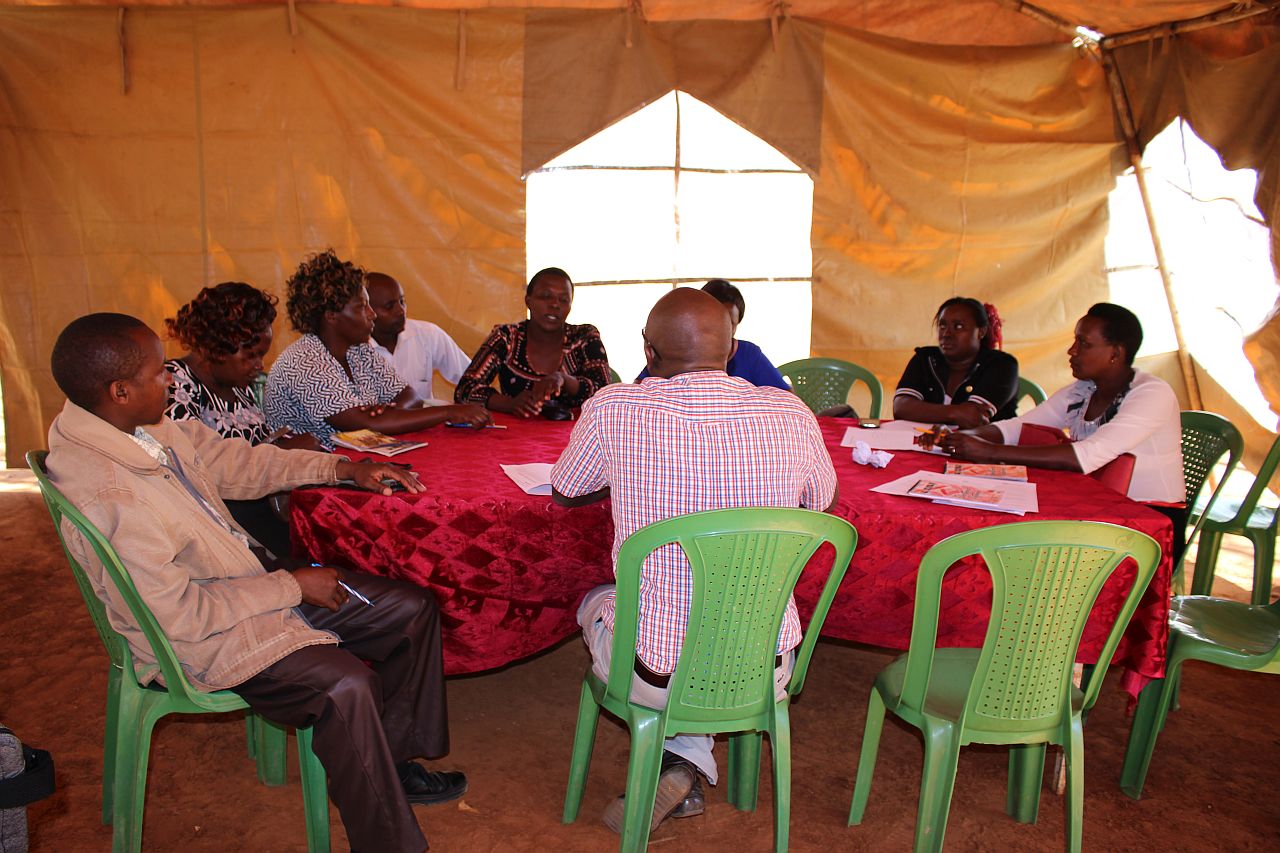The combination of long-term physical and mental health problems (comorbidity) is one of the most serious public health challenges in the 21st century. However, there is little research into the experience of and care for these comorbid conditions at the community level, and this project aims to address this gap. We plan to improve our understanding of comorbidity health challenges as we make a vital contribution to tackling the gaps in knowledge and understanding of the impact of comorbidities, both for the individual and for health care provision.
